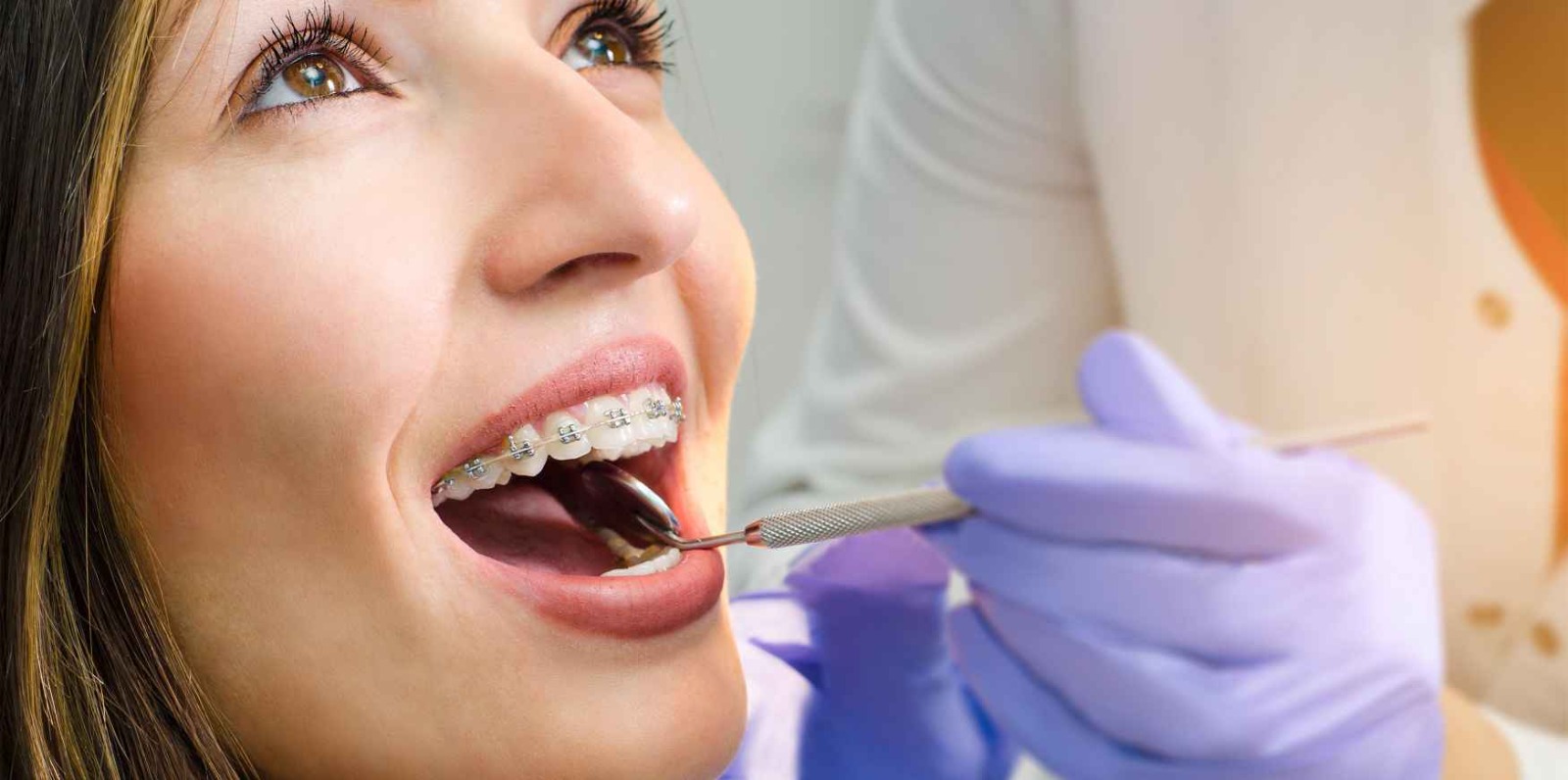In today’s competitive digital landscape, Dental PPC (Pay-Per-Click) advertising has become an essential tool for dental specialists looking to attract the right patients. Whether you’re an orthodontist, periodontist, or endodontist, mastering Dental PPC strategies can significantly boost your online visibility, drive targeted traffic, and increase patient conversions. This article explores the key elements of Dental PPC campaigns tailored specifically for dental specialists, ensuring that your marketing budget delivers the highest return on investment.
Understanding Dental PPC
Dental PPC is a form of online advertising where dental practices pay a fee each time their ad is clicked by a potential patient. Unlike organic search, PPC allows specialists to position their ads prominently on search engines like Google, reaching people actively searching for dental services.
Why Dental Specialists Need PPC
Specialized dental services cater to a narrower audience compared to general dentistry. This specificity means that a generic marketing approach may waste resources by targeting irrelevant users. Dental PPC enables specialists to zero in on potential patients looking for particular treatments, such as dental implants, root canals, or braces, improving lead quality and conversion rates.
Crafting a Successful Dental PPC Strategy
Creating an effective Dental PPC campaign involves several important steps that ensure your ads reach the right audience and resonate with their needs.
Keyword Research for Dental PPC
Keyword research is the foundation of any PPC campaign. For dental specialists, selecting the right keywords means identifying terms potential patients use when seeking specialized dental care.
- Focus on long-tail keywords like “best orthodontist for adults” or “periodontal specialist near me.”
- Use tools such as Google Keyword Planner to gauge search volume and competition.
- Include geo-targeted keywords to attract local patients, for example, “dental implants in Chicago.”
Ad Copy That Converts
Your ad copy must be clear, engaging, and tailored to the unique concerns of dental patients.
- Highlight your specialization clearly in the headline and description.
- Emphasize benefits like advanced technology, patient comfort, or flexible payment options.
- Include a compelling call-to-action (CTA) such as “Schedule a Free Consultation Today.”
Landing Page Optimization
After clicking an ad, the landing page experience determines whether the visitor converts into a patient.
- Ensure your landing page is highly relevant to the ad, reflecting the keyword and service advertised.
- Use trust signals like patient testimonials, certifications, and before-and-after photos.
- Include easy-to-use contact forms or appointment scheduling options.
Targeting the Right Audience with Dental PPC
Precision targeting is the advantage that makes Dental PPC particularly effective for specialists.
Geographic Targeting
Dental practices primarily serve local patients, making geographic targeting essential.
- Use radius targeting around your practice location to reach nearby users.
- Exclude areas where you do not offer services to prevent wasted spend.
- Consider demographic data to refine location targeting, such as neighborhoods with higher income levels that align with your patient base.
Device and Time Targeting
Understanding when and how your audience searches can improve campaign efficiency.
- Optimize bids for mobile devices since many patients search on smartphones.
- Schedule ads during business hours or times when appointment booking is most likely.
Tracking and Measuring Success
To maximize the impact of Dental PPC, continuous monitoring and optimization are crucial.
Key Performance Indicators (KPIs)
Track metrics such as:
- Click-through rate (CTR) to measure ad relevance.
- Conversion rate to assess how many visitors become booked patients.
- Cost per acquisition (CPA) to ensure your spending aligns with business goals.
A/B Testing
Test different ad copies, keywords, and landing pages to find the highest-performing combinations. Adjust bids and budgets accordingly to maximize ROI.
Common Challenges in Dental PPC and How to Overcome Them
While Dental PPC offers many benefits, specialists often face specific challenges.
High Competition
Popular dental keywords can be expensive due to competition.
- Use niche, long-tail keywords to lower costs.
- Focus on ad quality and relevance to improve your Quality Score and reduce CPC.
Compliance with Advertising Policies
Dental advertising must comply with regulations to avoid penalties.
- Avoid making unrealistic claims or guarantees.
- Ensure your ads meet the standards set by dental boards and advertising platforms.
Why Choose Inkwell Marketing Group for Your Dental PPC Needs?
At Inkwell Marketing Group, we specialize in crafting tailored Dental PPC campaigns that target the right audience with precision and professionalism. Our expertise in the dental field allows us to understand your unique challenges and deliver strategies that grow your practice.
- Customized keyword research focused on dental specialties.
- Compelling ad copy that speaks directly to potential patients.
- Data-driven optimization to maximize your marketing budget.
Conclusion
Dental PPC is an indispensable marketing tool for dental specialists aiming to attract qualified patients efficiently. By focusing on precise keyword targeting, creating persuasive ad copy, optimizing landing pages, and continuously measuring results, specialists can achieve significant growth in patient acquisition. Partnering with experts like Inkwell Marketing Group ensures that your Dental PPC campaigns are expertly managed, delivering consistent, measurable success. Invest wisely in Dental PPC today to position your practice at the forefront of your specialty and connect with the patients who need you most.




